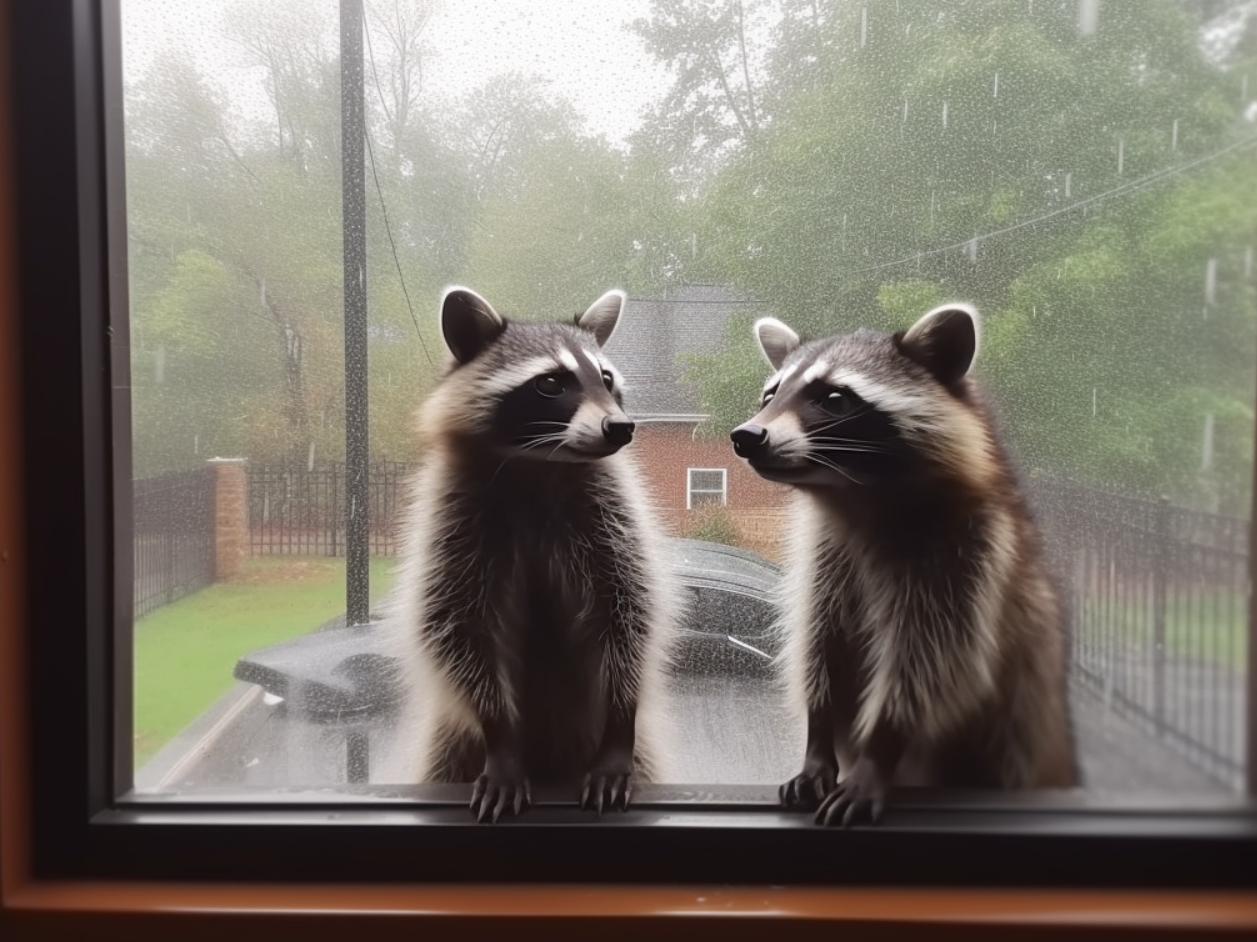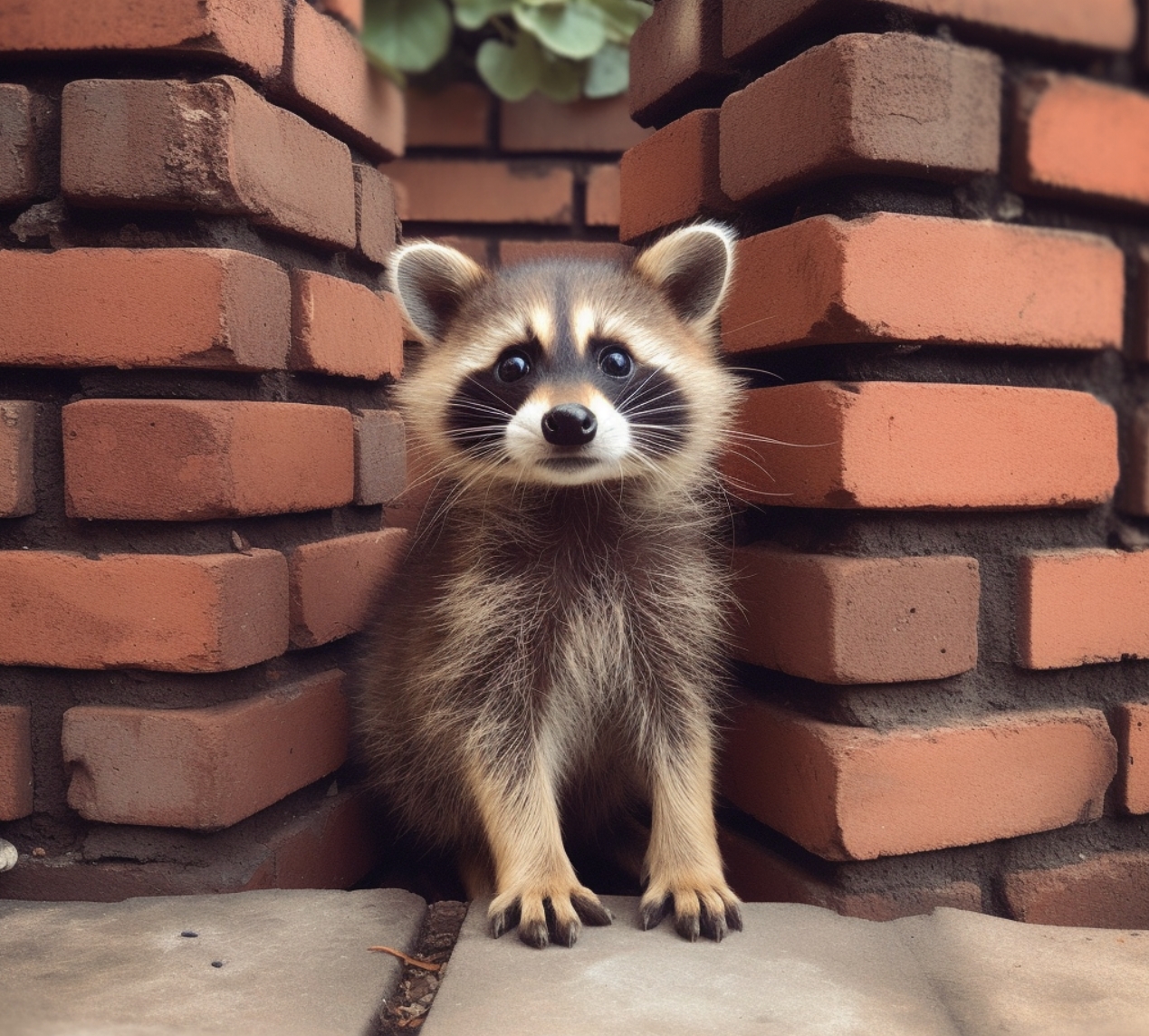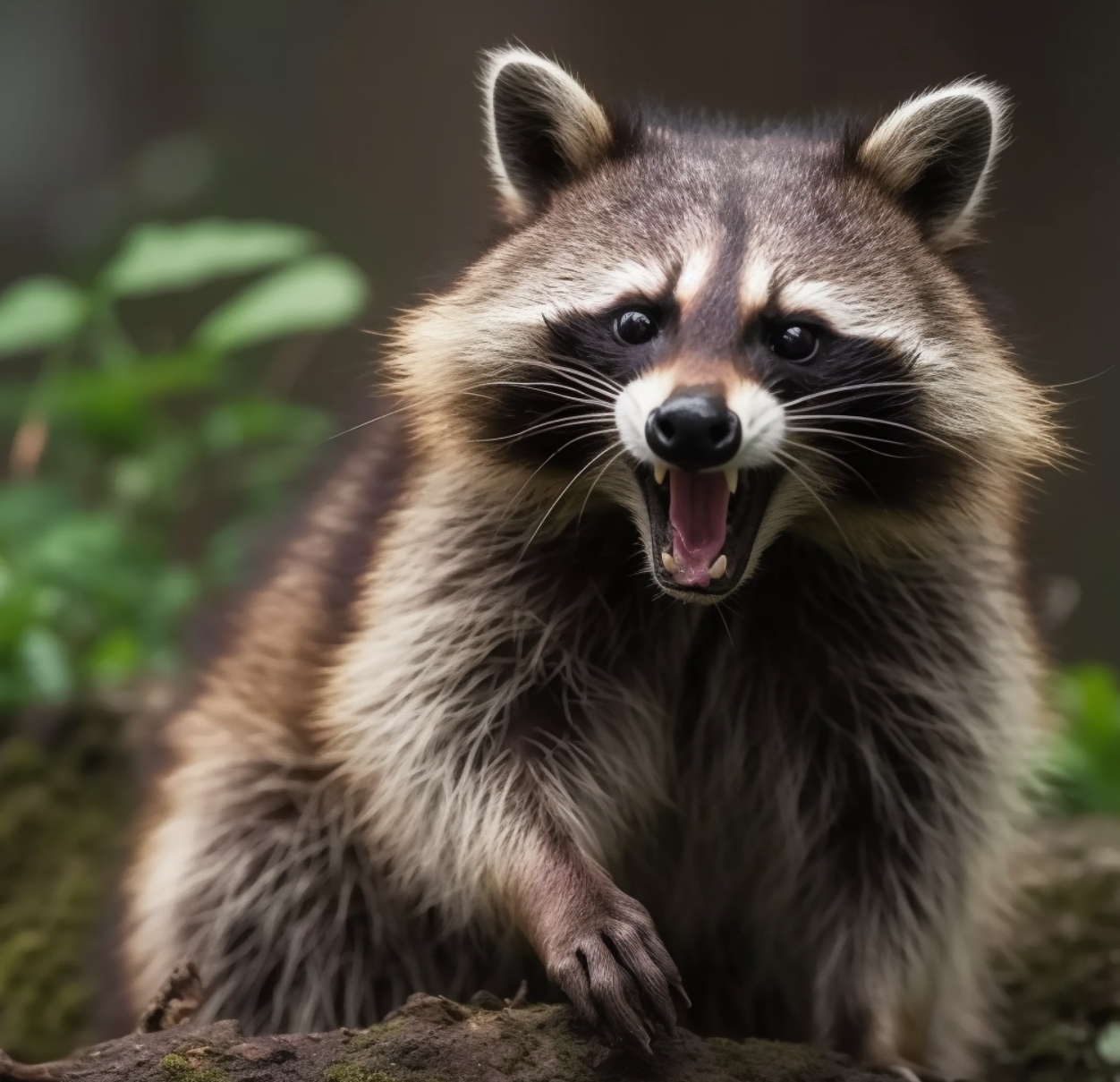Are raccoons rodents? That’s a question that has puzzled many people for years. In this comprehensive guide, we will delve into the world of raccoons and explore their classification, behavior, and unique characteristics. We will also provide a step-by-step analysis on the topic, with insights from reputable sources like BestPestWorld.com.
The Raccoon Family: Procyonidae
Contents
Raccoons are actually part of the family Procyonidae, which includes animals like the ringtail, cacomistle, and coati. This family belongs to the order Carnivora, which also includes bears, cats, dogs, and seals. In contrast, rodents are part of the order Rodentia, which includes animals like rats, mice, squirrels, and beavers. So, raccoons are not rodents, but they do share some similarities with them.
How Raccoons and Rodents Are Similar
- Adaptability: Like rodents, raccoons are highly adaptable creatures. They can live in various environments, including forests and urban areas.
- Omnivorous diet: Both raccoons and rodents are omnivores, meaning they eat both plants and animals.
- Intelligence: Raccoons are known for their intelligence and problem-solving abilities, which is also a characteristic of some rodents, like rats.
- Nocturnal: Raccoons are primarily nocturnal, as are many rodents. They’re often spotted rummaging through trash at night.
Key Differences Between Raccoons and Rodents
- Physical characteristics: Raccoons have a distinct appearance, with a bushy tail, black mask around their eyes, and dexterous front paws. Rodents, on the other hand, have large front teeth and a relatively small body size.
- Reproduction: Raccoons have a different reproductive cycle than rodents, with a specific age of maturity and a longer gestation period.
- Swimming ability: Raccoons are excellent swimmers, unlike many rodents. They have been known to swim across rivers in search of food.
Raccoon Behavior and Human Interaction
Raccoons are notorious for their interactions with humans, often seen as pests. In this section, we will explore some common raccoon behaviors and how they affect human life.
Raccoons in the Trash
One of the most common encounters between humans and raccoons is when these animals rummage through trash cans. Raccoons are attracted to the smell of food waste and will often tear through garbage bags to find their next meal. This can be a nuisance for homeowners and create a mess on the streets.
Raccoons at Night
Raccoons are primarily nocturnal, meaning they’re more active during nighttime hours. This is when they typically venture out in search of food, and many people have encountered them in their yards or near their homes. If you find raccoons near your property, there are several ways to scare them away without causing them harm, such as using motion-activated lights or sprinklers.
Raccoon Poop
Raccoon droppings can be a health hazard, as they may contain harmful parasites and bacteria. Identifying raccoon poop is essential to ensure the safety of your family and pets. It’s important to clean up any raccoon droppings you find and take measures to prevent raccoons from returning to your property.
Raccoons in Dreamlight Valley
Raccoons play a vital role in the ecosystem of Dreamlight Valley, a fictional world filled with fascinating creatures. In this world, raccoons are friendly and approachable, and many inhabitants enjoy feeding them. It’s important to note that feeding raccoons in real life is not recommended, as it can lead to dependency and conflicts between humans and wildlife.
Raccoon Facts and Trivia
To wrap up this comprehensive guide, let’s take a look at some interesting raccoon facts and trivia:
- Raccoons have an impressive sense of touch, which they use to find food in the dark or murky water.
- Raccoons can rotate their hind legs 180 degrees, allowing them to descend trees headfirst.
- A group of raccoons is called a “gaze” or a “nursery.”
- Raccoons have been known to “wash” their food in water, but this is actually a way for them to explore the texture and gather more information about the item.
In conclusion, raccoons are not rodents, but they do share some similarities with them. They belong to the family Procyonidae and have unique characteristics that set them apart from rodents. Raccoons are fascinating creatures that play an essential role in our ecosystem. Understanding their behavior and classification can help us better coexist with these intelligent animals.
Frequently Asked Questions: Are Raccoons Rodents?
To further help our readers understand the world of raccoons, we have compiled a list of frequently asked questions (FAQs) about these intriguing creatures.
Q: What is the difference between a raccoon and a rodent?
A: Raccoons and rodents belong to different orders in the animal kingdom. Raccoons are part of the order Carnivora and the family Procyonidae, whereas rodents belong to the order Rodentia. Raccoons have unique characteristics, such as a bushy tail, black mask around their eyes, and dexterous front paws, which distinguish them from rodents.
Q: Do raccoons carry diseases like rodents?
A: Yes, raccoons can carry diseases that can be transmitted to humans and pets. Some of the diseases associated with raccoons include rabies, leptospirosis, and raccoon roundworm. It is essential to practice caution when encountering raccoons and ensure proper hygiene when handling items that have been in contact with these animals.
Q: Can raccoons and rodents coexist?
A: Raccoons and rodents can coexist in the same environment, as they often share similar habitats, such as forests and urban areas. Both raccoons and rodents are omnivores and may compete for food sources, but they generally have different feeding habits and preferences, which reduces direct competition.
Q: Are raccoons more intelligent than rodents?
A: Raccoons are known for their problem-solving abilities and intelligence, which is comparable to some rodents, like rats. However, it’s challenging to make a direct comparison between raccoons and rodents, as intelligence can vary among different species within the same order or family.
Q: What should I do if I have a raccoon infestation?
A: If you have a raccoon infestation, it is essential to address the issue promptly to avoid property damage and potential health risks. Contact a professional pest control service to assess the situation and provide an appropriate solution. You can also take preventive measures, such as securing trash cans, sealing entry points, and removing any potential food sources from your property.





